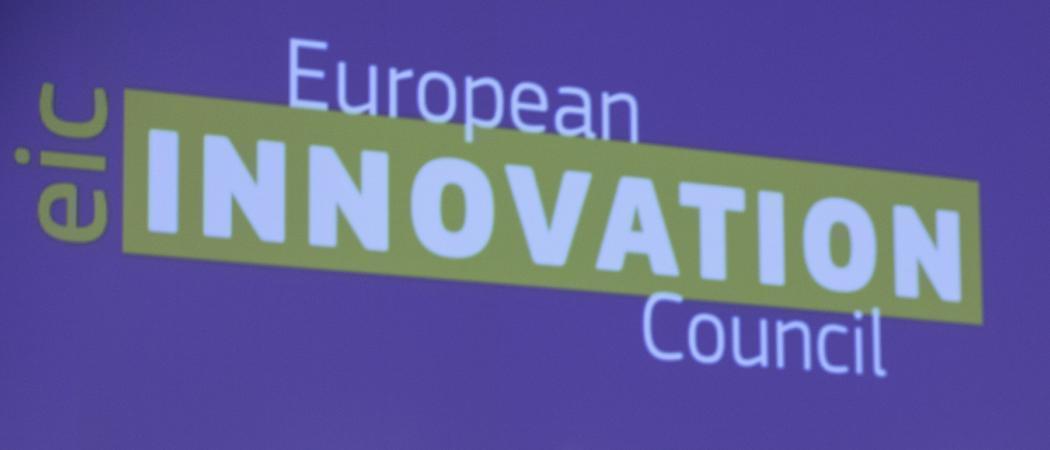The move comes after months of rumours that the Commission wanted to tighten its grip on the €10B start-up fund

The European Commission has reorganised its directorate general for research and innovation (RTD) in order to give it better oversight of the European Innovation Council (EIC), with a new organisation chart published last week showing management of the innovation funding programme has been moved to a new unit.
The unit will sit in the directorate for the European Research Area and Innovation, which is led by Anna Panagopoulou.
According to sources in the Commission, the change acknowledges the political importance of scaling up technology companies and ensuring Europe builds its capability in transferring technology from the lab to market.
That was an objective of former EU research and innovation commissioner Mariya Gabriel, who before her resignation earlier this month had been working on a plan to attract deep-tech talent to Europe.
In support of this, the EU intends to take more a proactive role in promoting company scale up through measures including improving access to finance for start-ups, simplifying rules for listing on public stock exchanges, updating conditions for regulatory sandboxes, providing deep tech training for one million people and introducing clearer innovation terminology and indicators.
Since the idea for the EIC was first floated by Gabriel’s predecessor, Carlos Moedas, the programme has grown to become a centrepiece of the EU strategy for increasing investment in new advanced technologies and scaling them up.
Before the reorganisation, the EIC was wholly managed by the European Innovation Council and SMEs Executive Agency (EISMEA), which is also responsible for other SME support programmes. Parts of EIC will now be overseen directly by the Commission, with Keith Sequeira, who was the head of governance at EISMEA, heading up the new EIC unit at DG RTD.
The changes also signal that promotion of deep tech investments will be given prominence in the negotiations on the EU’s next framework research programme, which succeeds Horizon Europe in 2028.
The change in management comes after months of rumours that the Commission wanted to tighten its grip on EIC’s €10 billion fund. A large chunk of that - €7 billion - is allocated to the Accelerator programme through which the Commission is making direct equity investments in start-ups. That led to friction with the budget directorate general, which raised concerns about the risk the Commission was taking on, given its limited expertise in carrying out due diligence and assessing which start-ups are good investments.
As a result of this pressure, Luxembourg-based fund manager AlterDomus is to take on management of the Accelerator fund in September.
To further steady the ship, in March the Commission appointed Michiel Scheffer, a former member of EU Committee of the Regions, as head of the EIC board.
Alongside the new EIC unit in Panagopoulou’s directorate, the Commission has set up a joint unit for research infrastructures and open science. The directorate has also two new advisers who will work on research careers and access to finance for innovation.
The changes in Panagopoulou’s directorate come a few months after Marc Lemaitre became director general of RTD. According to sources, Lemaitre has had extensive meetings with staff since his appointment in February and is preparing a more substantial reshuffle of jobs at RTD, to reflect his own vision for the future of EU research and innovation policy.





 A unique international forum for public research organisations and companies to connect their external engagement with strategic interests around their R&D system.
A unique international forum for public research organisations and companies to connect their external engagement with strategic interests around their R&D system.